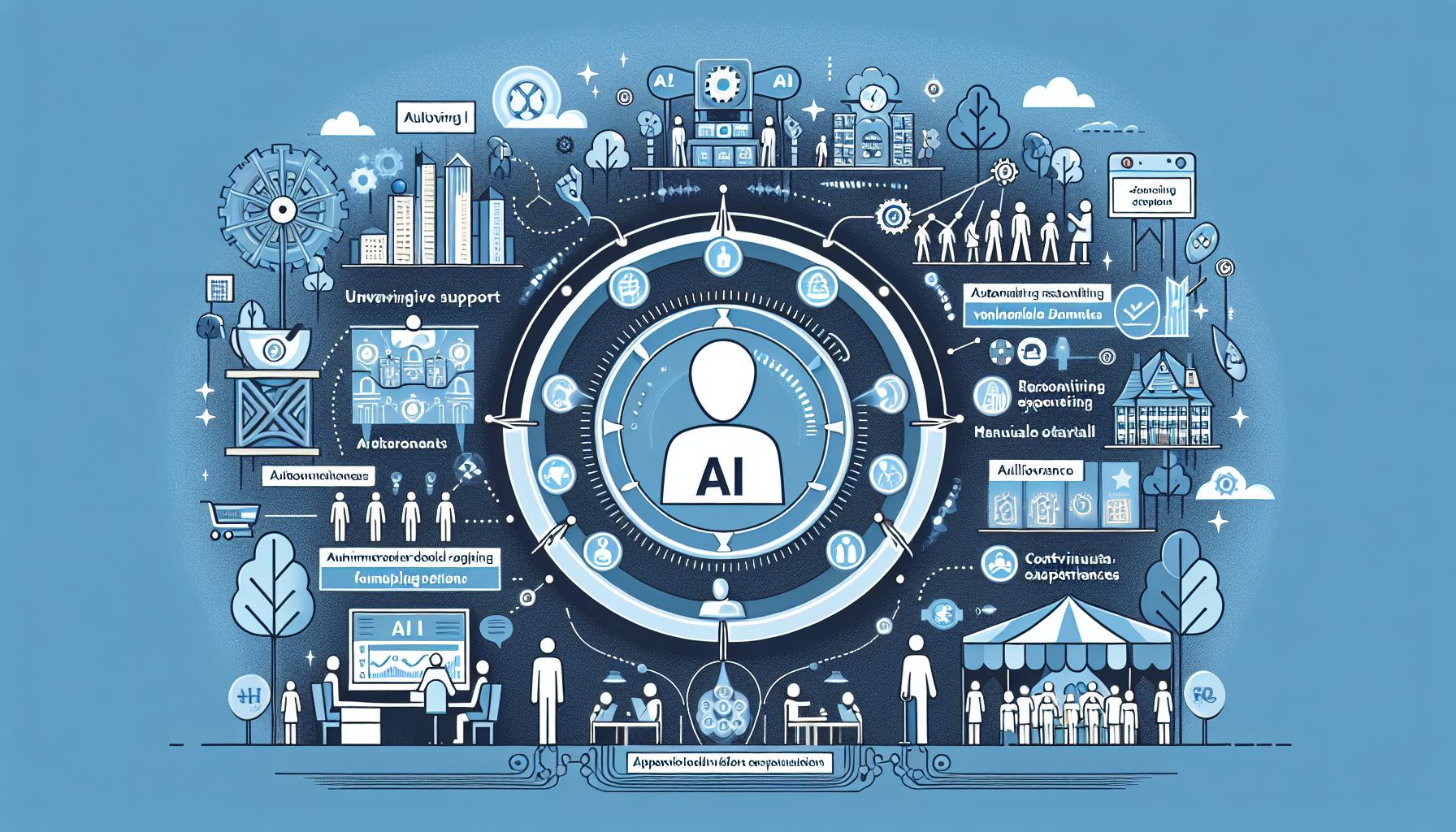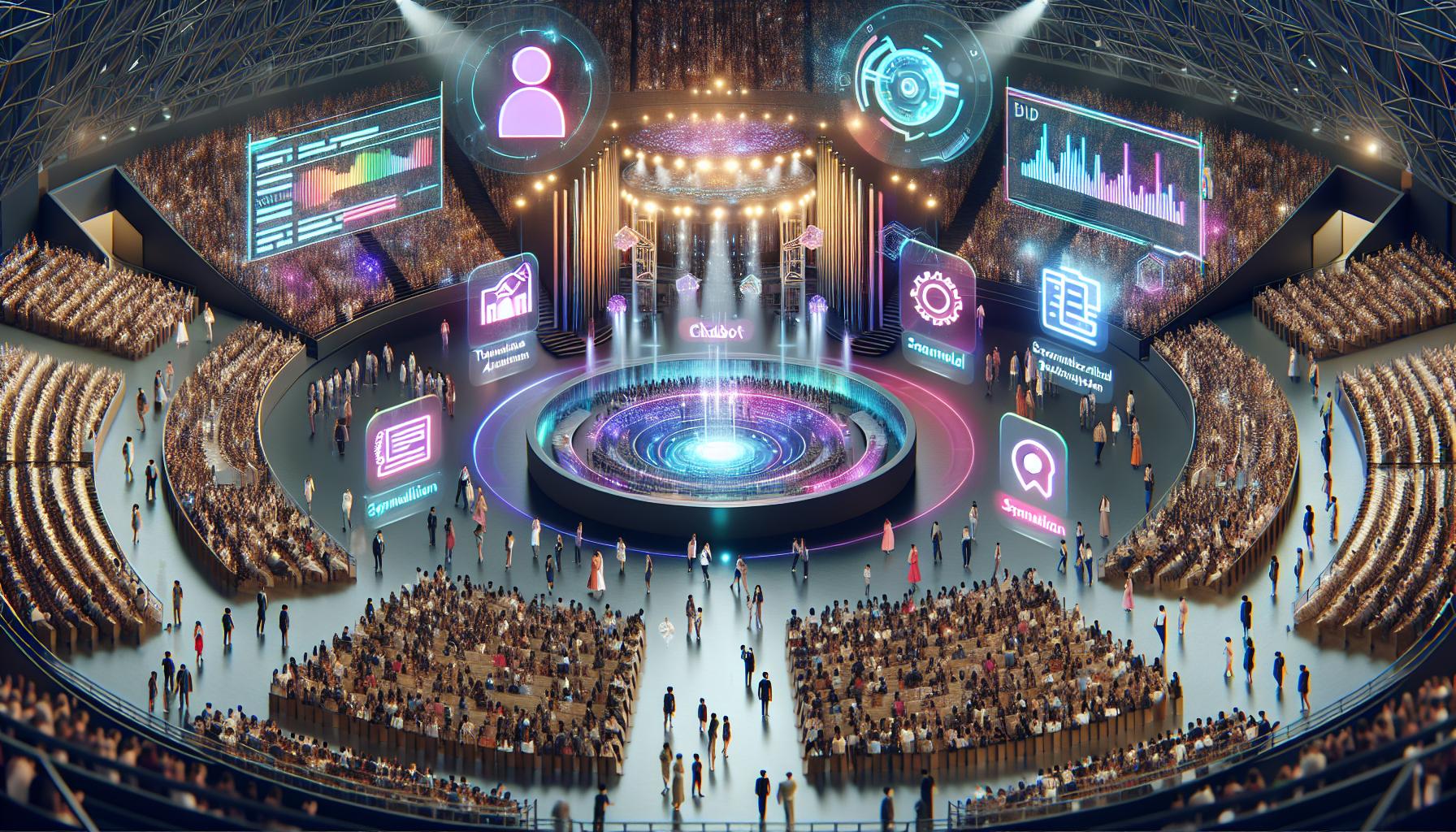Round-the-Clock Support: How AI revolutionises Event Planning Through 24/7 Assistance

Introduction
Technology transforms industries, and event planning is no exception. Artificial Intelligence (AI) is at the helm of this revolution, offering unprecedented assistance to key stakeholders, round-the-clock support, enhancing response times, and customising attendee experiences. In this blog, we will explore how A.I. is reinventing the arena of event management.
The Impact of A.I. in Event Planning
AI s relentless assistance offers a multitude of opportunities for event planners, guests, vendors, and other participants. By automating responses to frequently asked questions, improving response times, and reducing manual workload, A.I. is optimising the way events are organised and executed.
The Magic of A.I. in Automating Responses
One of the prevalent uses of A.I. in event planning is automating responses to frequently asked questions. With an AI-powered chatbot, event planners can manage multiple inquiries simultaneously, providing quick, accurate, and consistent replies.
AI Enhancing Response Time
In addition to efficiency, A.I. also improves the event experience through improved response times. Questions regarding event schedules, navigation, and other elements can be answered in real-time, reducing participant stress and improving overall satisfaction.
Gathering Individual Details for Personalised Experiences
AI can also gather and analyse participant data to offer customised experiences. By segmenting audiences based on their preferences and history, event planners can create targeted campaigns and improve engagement rates.
AI for Event-specific Data Analytics
Through collected data, A.I. also aids in event-specific data analytics. With this quantitative insight, event managers can make informed decisions, optimise logistics, and maximise the impact of their event.
Illustrative Examples of A.I. Success in Events
Several successful implementations highlight the transformative potential of A.I. in event planning. Some music festivals utilise A.I. to predict crowd behaviour and optimise venue layout; academic conferences deploy AI-powered tools to manage attendee registration and feedback. Such applications demonstrate how A.I. is reinventing the industry and setting new standards for future events.
Conclusion
Emerging technologies such as Artificial Intelligence are rapidly transforming the event planning landscape. Whether it's enhancing customer service, improving responses, optimising logistics, or personalising participant experiences, AI's impact in the sector is profound and will continue to grow in the years to come.



